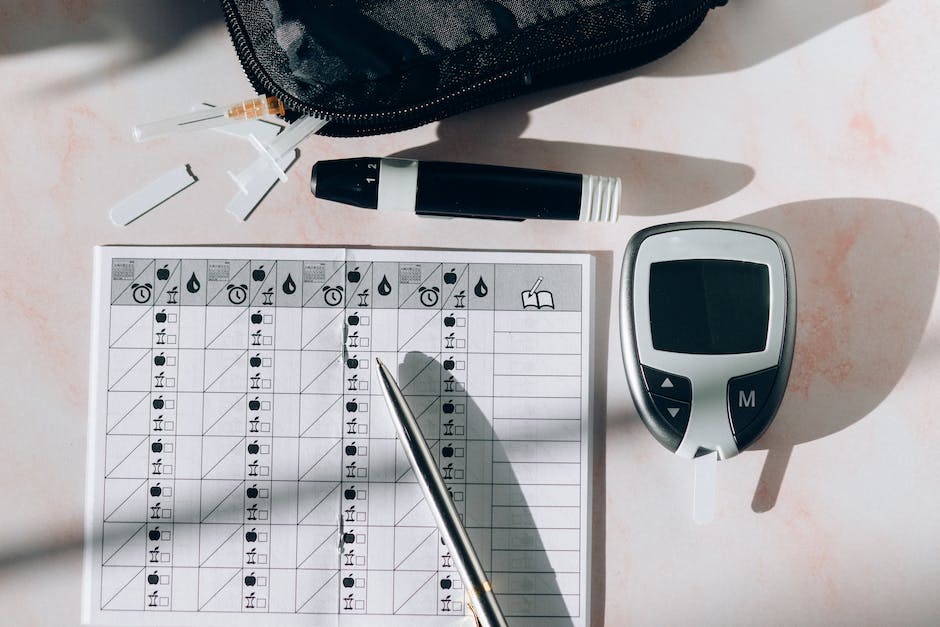If you know someone who has binge eating disorder, you should be aware of some helpful strategies for changing their behavior and/or seeking help. It is very important to not make assumptions about what caused the person to begin eating excessively and then fear or worry about this situation coming back again.
It takes a lot of effort to maintain healthy relationships, which can sometimes feel like an impossible task when there are so many things that need your attention. When there is one area in people’s lives where they are struggling, it can easily become more than just a struggle — it becomes something much bigger.
That is why it is essential to consider whether this relationship is worth keeping before taking action. Is this person willing to seek help and do things to change? Will they stay committed to making these changes even when you think they will never get better?
If you have answered yes to both of those questions, then this article will talk you through some ways to help them cope with binging and cravings while at the same time supporting them in their recovery.
Encourage them to seek medical help

For those who know someone with binge eating disorder, it can be difficult to watch them suffer while trying hard to understand what is making them feel hungry or tired of eating.
You may feel helpless at times, but there are things you can do to assist them. Don’t give up!
By being aware of warning signs such as mood swings, weight gain, and self-harm, you will be able to intervene before binging becomes an issue.
If you notice changes in your friend’s behavior, don’t keep it to yourself — speak to their doctor and get some help for them.
It could save their life.
Provide reassurance

For those who know someone with binge eating disorder, offering reassuring words and support can be one of their greatest allies. You can talk about your experiences as a supporter, offer tips or even do something simple like wash all of their clothes for them so that they don’t have to worry about it.
Beware of being too direct though! While saying “You should try to eat less food” may help you feel better, it could make the situation worse for the person with BED. They may think that you are telling them that they aren’t able to satisfy their hunger which could lead to more eating.
Instead, say things such as “It seems like you enjoy eating lots of foods recently,” or “I’m not sure what I can do to help you right now, but here are some resources I found online.” If you read anything helpful, share it with them.
Alternatively, you could ask if there is anyone they trust that they have binged before and see how they respond. This would also let them talk about whatever worries them without feeling embarrassed or alone.
Connect them with resources

It is very important that you connect your loved one with eating disorder treatment facilities or groups to help get their mental health back in order.
There are many ways to find this information. Some may be through professional referrals, word of mouth, or by looking at online forums for people with binge eating disorders.
By seeking out appropriate treatments, you will see positive changes in your friend’s behavior and mood, as well as improvement in their overall quality of life. This can make a big difference!
Online communities and chat rooms are great places to look for advice. You might also come across comments about local eating disorder programs or classes.
Getting help early is the best way to ensure success. While it may feel like a struggle, there are professionals who know how to handle binge eating disorder and other types of eating problems.
Disclaimer: The content in this article should not be used to diagnose or treat any disease, condition, or illness. Only seek medical attention from qualified healthcare providers.
Let them know you understand

Even if you have never experienced binge eating yourself, there are many ways you can help someone who does. You do not need to tell them that they should go get some food or start eating, but you can be supportive by telling them how you felt when you realized what was happening.
It is important for them to feel understood and supported. This could mean talking about their symptoms with them, being sympathetic towards them, and offering practical tips or strategies to help them address the problem.
Some of the things that can help are asking why they decided to eat more than usual, trying to identify potential causes such as stress or depression, and seeing whether anything has changed since the onset to determine if these factors have shifted.
If possible it is helpful to meet outside of the clinic so that person doesn’t feel pressured into coming back afterwards, but you both can come back later after they feel ready.
Do not make them feel guilty

When someone with binge eating disorder feels like they need to tell you something, chances are it is because they feel very uncomfortable or even panicked about what they were doing just minutes ago.
They may also be feeling ashamed of how much they ate, or maybe they just can’t seem to stop thinking about all of the food that they have got access to.
Whatever their reason for telling you something, do not make them feel bad about it. It will only make the situation become worse for them.
Instead, try to understand where this behavior comes from. They might want to talk to you about things such as worries they have, problems in their life, or questions about whether or not they are trying hard enough to lose weight.
If these issues seem relevant to you, then listen to them carefully. Offer appropriate, non-judgmental consolation and help.
Tell them about your own experiences with eating disorders

It is very helpful for people who have binge-eating disorder to know what it’s like to experience binging and purging. If you’ve ever felt hungry, then suddenly got into the habit of eating lots of food because you thought that you weren’t enough as long as you could eat, or gotten into the habit of going through a period where you would purge by either taking laxatives or using diuretics or exercise, then you already have some of their knowledge.
Talking about your past experiences can help others understand how this disease affects its victims. While there isn’t any way to cure someone who has binge-eating disorder, early detection can help those affected deal more effectively with their symptoms.
Ask how they are feeling

This can be done in several ways, such as asking if they have meals, talking about what you eat, or just looking at them with a hungry face.
Ask how they are feeling! You could also ask if they talk to anyone about their eating habits, but only if they seem open to it.
It is very important to listen to these answers carefully and objectively. For example, people who have binge-eating disorder may try to downplay how bad their mood is by saying that nothing special happened.
However, this could mean that they do not recognize what is happening to them and need help figuring out why they are suffering.
If you are able to see someone more than once, then you should do so to check whether there have been changes in their behavior. It might indicate that they feel depressed and want to stay away from others, for instance.
Alternatively, you could call or message them to find out more information.
Make plans with them

For example, if you know someone who has binge eating disorder, don’t keep them off track by not inviting them out for movie night because they can’t eat anything edible.
Invite them somewhere that they can enjoy themselves. Maybe have pizza or Chinese food at a friend’s house, or play games like pool so they can drink beer while playing it.
Alternatively, invite them to your place so they can relax in their own home environment. You can also do things like play board games or watch TV together, or just talk about something neutral like fashion or politics.


